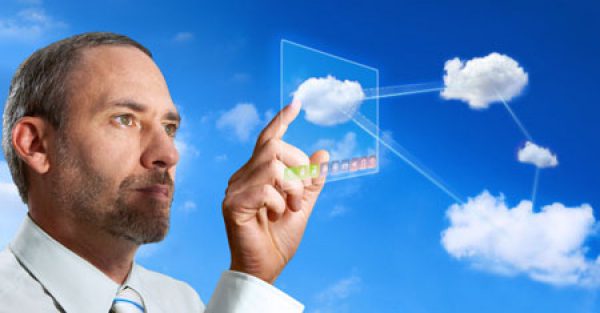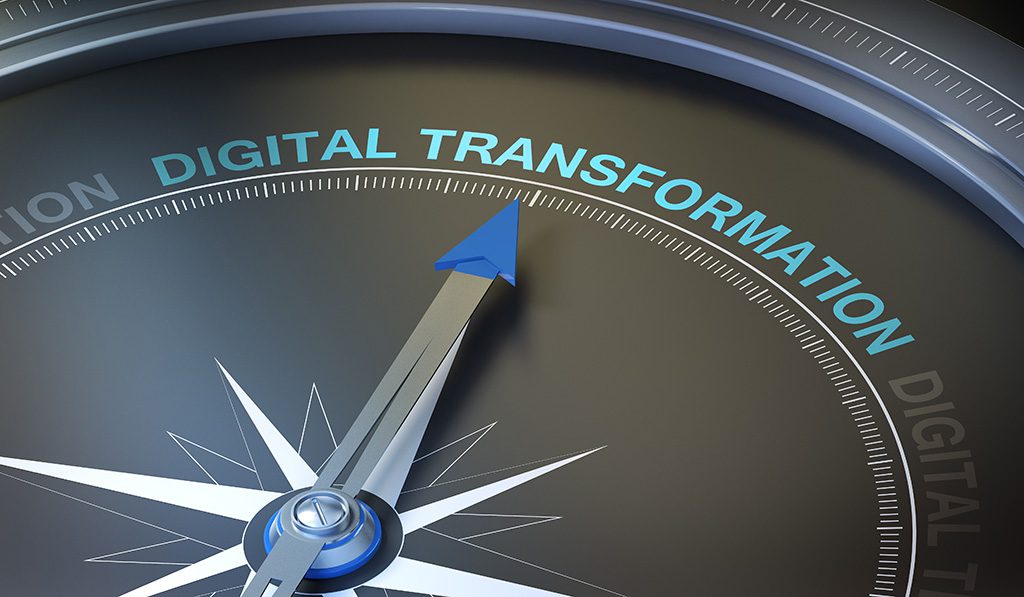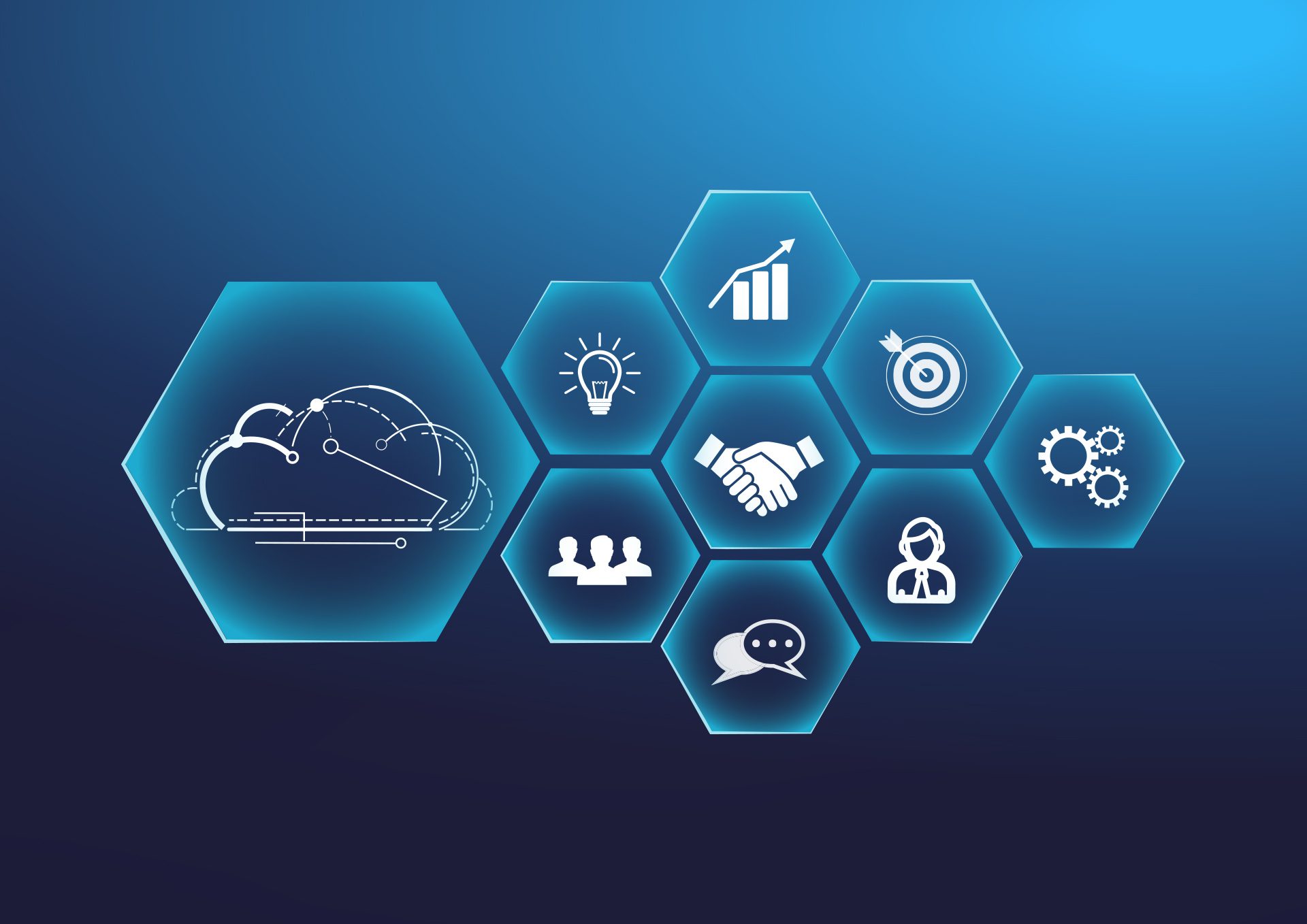Share
Read also
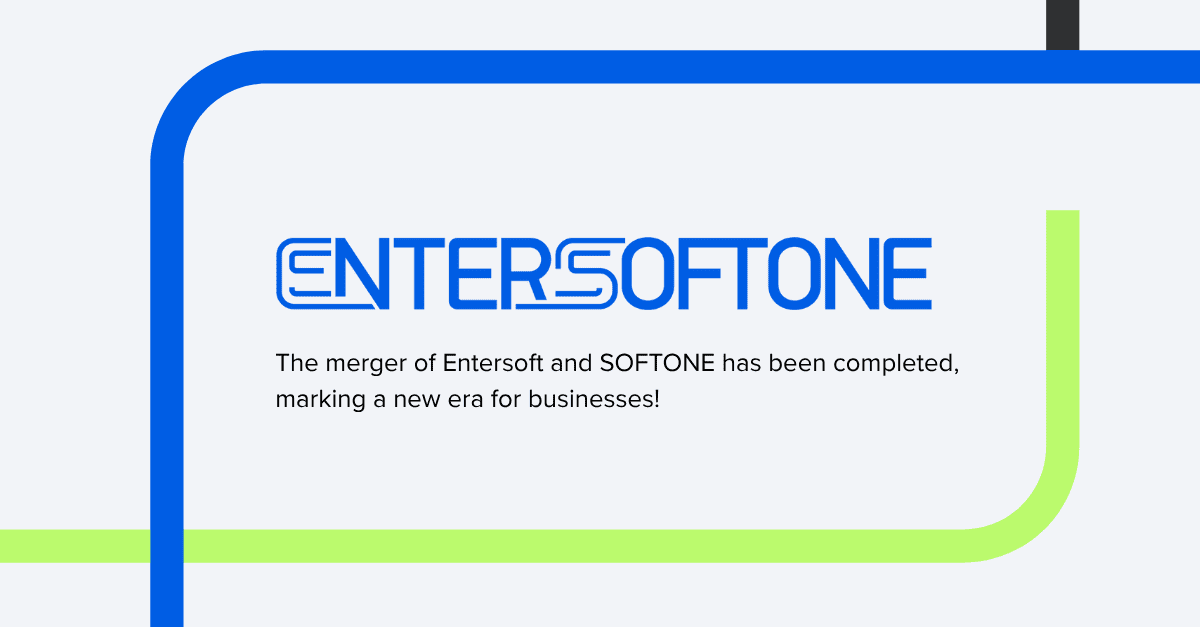
News & Events
ENTERSOFTONE: The merger of Entersoft and SOFTONE has been completed, creating the largest provider of business software products and services in Greece and Southeast Europe.
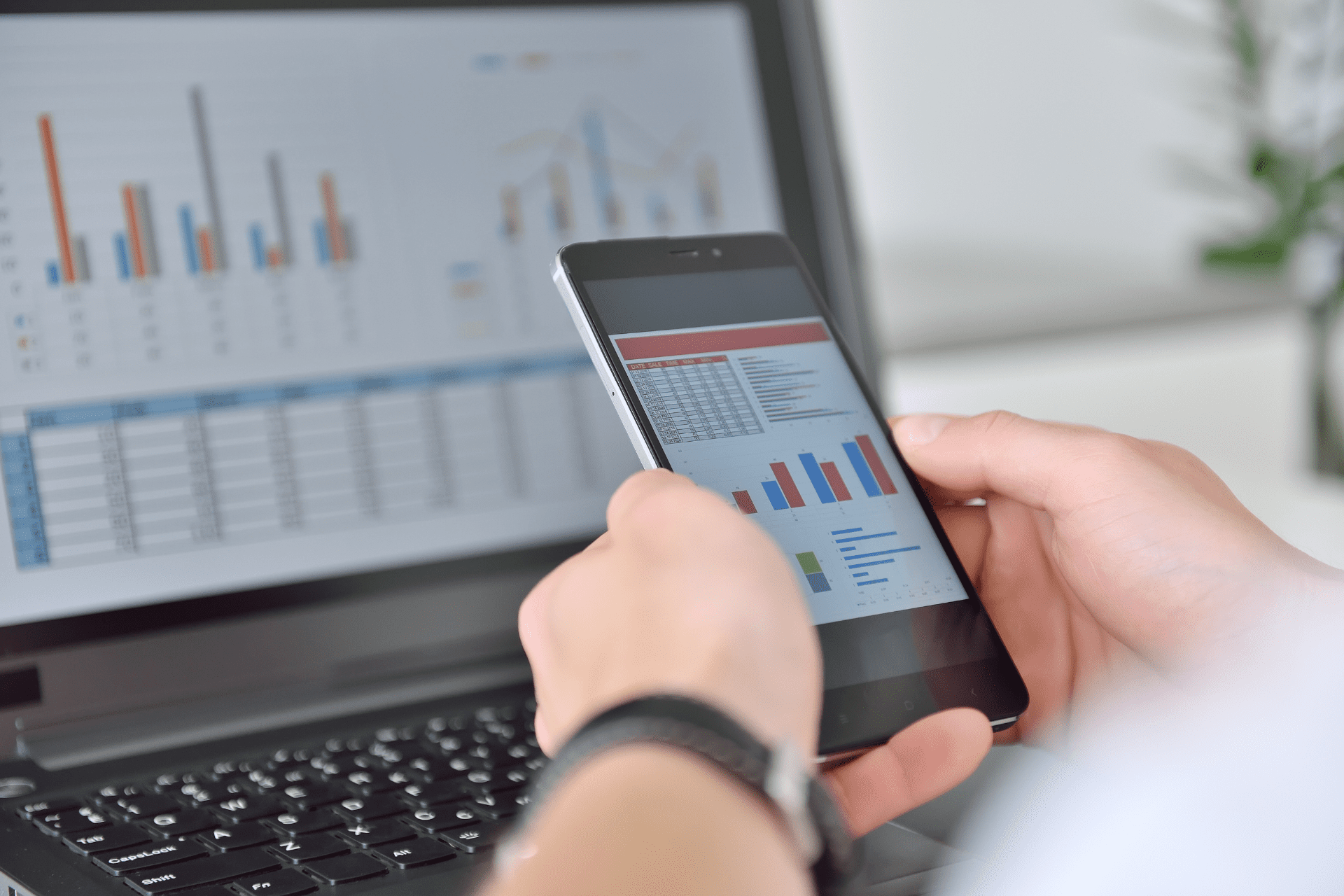
Mobility
Outlook for the BYOD and EM market from 2025 to 2035
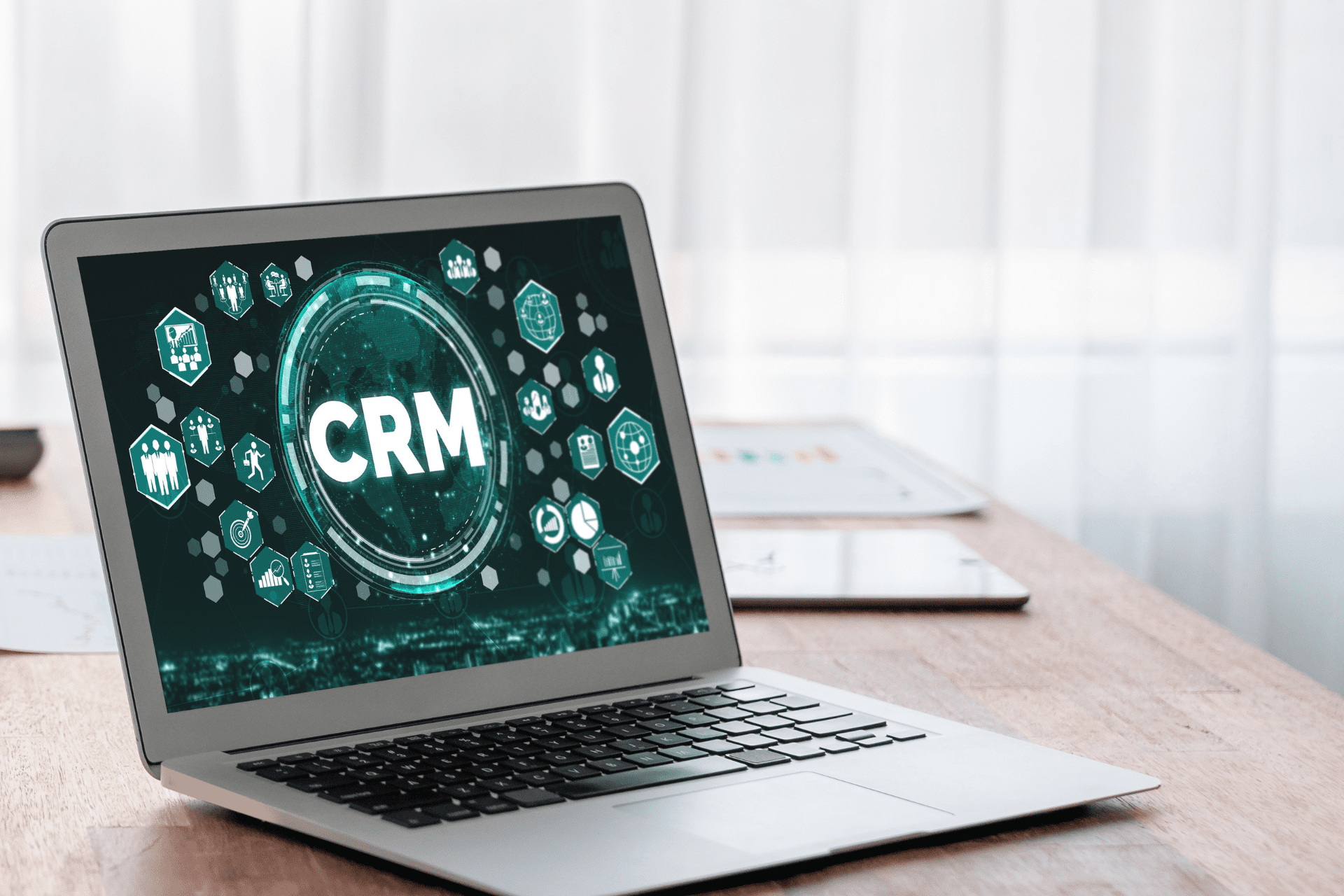
Cloud
The Cloud CRM market will see impressive growth by 2033
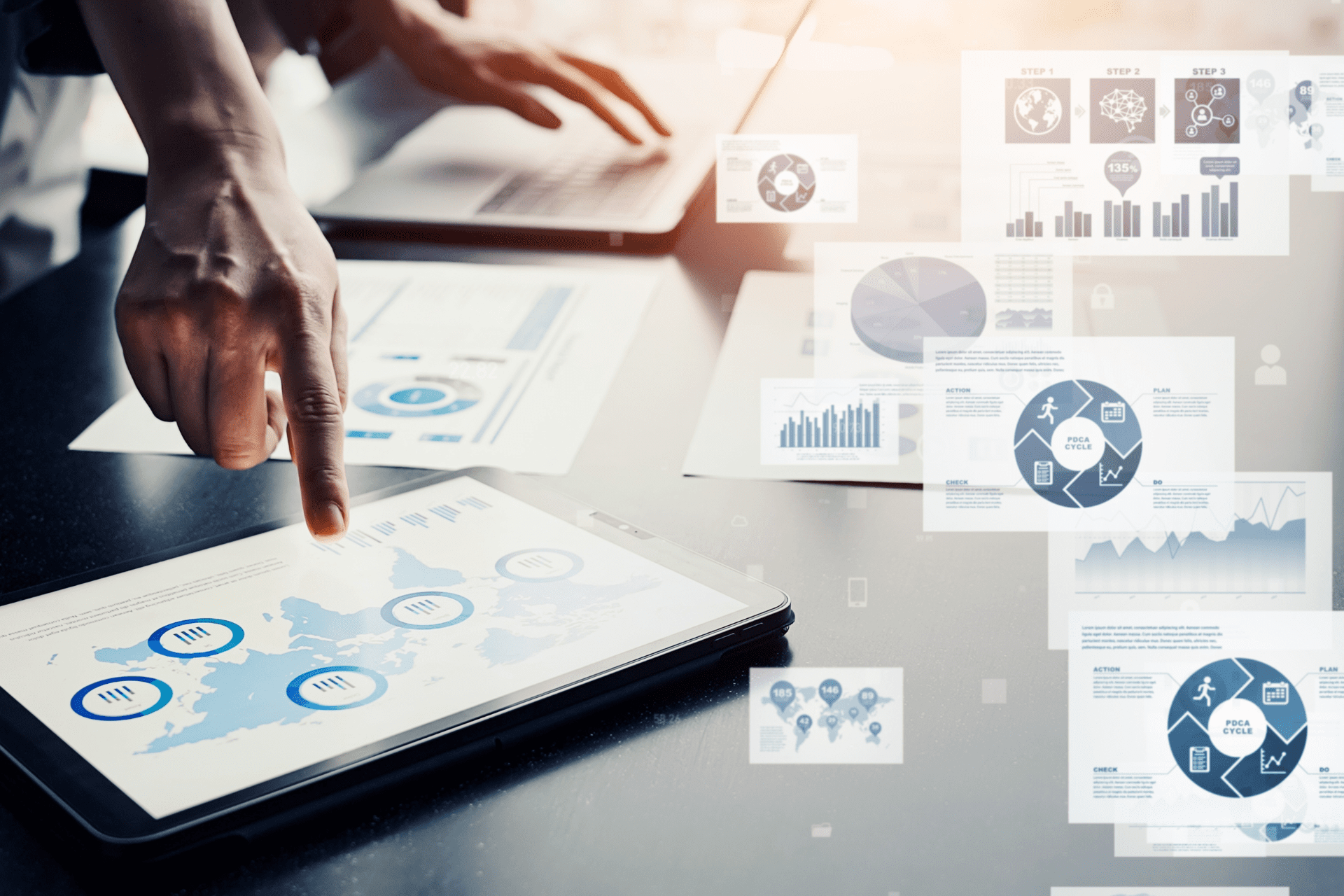
Mobility
Key trends in Sales Force Automation
The Internet of Things (IoT) is the new trend and one of the most impressive technologies of our times. With applications ranging from RFID devices and sensors to complex data management, the IoT technology will help businesses transform the way they collect, store and understand important information regarding their business operations and customers. Thus, it is vital to clarify that the IoT is not exclusively addressed to customers. But how can a company’s interface make it more successful and competitive?
If IoT is properly deployed, it can offer a business significant benefits including radical increase of productivity, and a competitive advantage. Apart from enabling a business to utilize its infrastructure and assets in an innovative way, IoT also brings new services and additional revenue. Let us take a closer look at these advantages.
IoT uses the real-time data it receives from its sensors to control and improve the effectiveness of processes, thus minimizing human intervention and energy costs. All data retrieved can be used to minimize downtime for maintenance purposes, inventory etc.
Safety is yet another area where IoT prevails. Apart from resolving any inter-department cooperation issues quicker, IoT allows businesses to improve safety in the workplace against natural threats, using sensors and cameras that control the equipment. Thanks to IoT, businesses can now use real-time operational insights to make quicker and smarter decisions and at the same time reduce operational expenses. Essentially, the IoT distributes smart information, prioritizing those related to important business decisions.
Obviously, the financial benefits are equally important, since the IoT allows for improved processes, increased productivity and -thanks to the optimized use of assets- an even better financial management and cost reductions. On the other hand, this technology will consequently improve products and services, provide customized solutions and ensure that customers enjoy the best possible user experience.
As it can be easily understood, all this affects business models as well, which are drastically changing as business mergers continue at a faster pace. A typical example would be Google that has entered the car industry with its self-driving cars. Businesses that until recently had no connection whatsoever with other industries than their own, are now starting to get actively involved in various areas with all the implication this entails.
Gartner has described the new climate in adopting IoT as the need to compete in an environment of unprecedented speed, evolution and flexibility. As a result, businesses must promptly adapt to a constantly evolving world or suffer the consequences.

